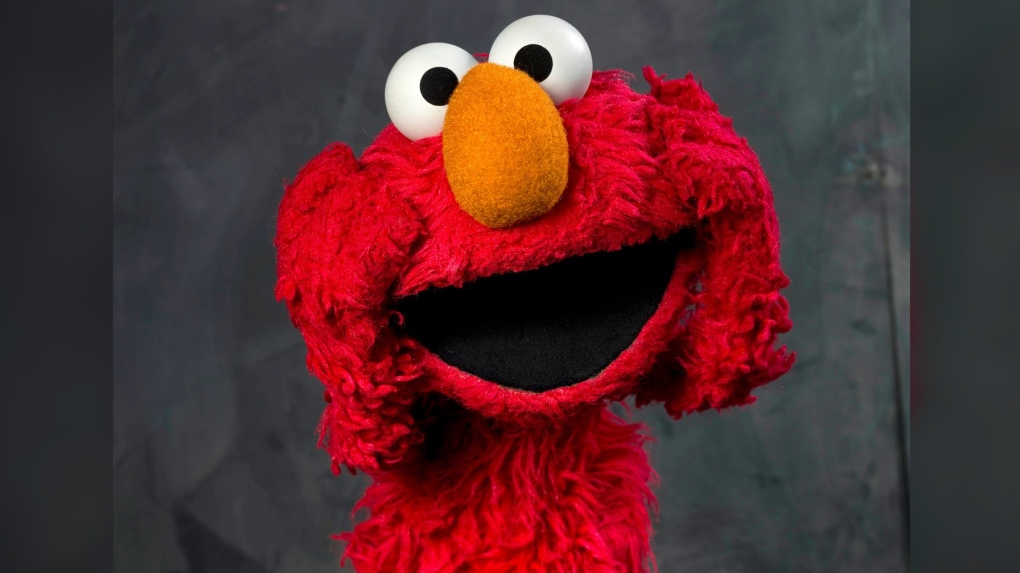
Elmo, a character from 'Sesame Street,' is featured in a photo taken during the 2011 Sundance Film Festival. The image serves to promote the documentary 'Being Elmo' in Park City, Utah, captured on January 24, 2011, by Victoria Will/AP.
In a surprising turn of events on social media, Elmo, the beloved character from "Sesame Street," found himself at the center of a candid conversation about mental health after posting a seemingly innocent check-in on Twitter. The iconic red puppet's inquiry, "How is everybody doing?" prompted a flood of responses revealing a spectrum of emotional struggles experienced by individuals amid global challenges.
The online exchange quickly turned into a raw and honest discussion, shedding light on the collective emotional state in 2024. Respondents poured out their feelings, expressing sentiments of despair, anxiety, and exhaustion. Some laced their responses with dark humour, providing a unique outlet for sharing the burdens of daily life.
Amid the deluge of heartfelt responses, the official "Sesame Street" account intervened, redirecting participants to mental health resources, and acknowledging the weight of the situation. Other characters from the show, including Big Bird and Cookie Monster, also offered their support and appreciation for Elmo's check-in.
Contrary to initial expectations, the interaction transcended humour, unveiling a poignant truth about the significance of feeling safe and understood in challenging times. Licensed therapist Katherine Tarleton noted that characters like Elmo create a sense of emotional security, harking back to the innocence of childhood. Adults, she explained, often turn to children's shows for emotional guidance that might have been lacking in their formative years.
The episode with Elmo sparked discussions about the importance of addressing emotional well-being openly. Tarleton emphasized the value of safe spaces for difficult conversations and encouraged individuals to reach out to friends or engage in shared activities to facilitate communication.
As the conversation unfolded, gratitude emerged for Elmo and his friends for creating an environment where it is acceptable to admit when one is not okay. The unexpected depth of the dialogue highlighted the role of familiar characters in fostering discussions about mental health.
In conclusion, Elmo's seemingly simple check-in became a catalyst for authentic conversations about mental health, transcending the boundaries of online banter. The exchange underscored the need for open dialogue and emotional support in the face of global challenges and personal struggles.















